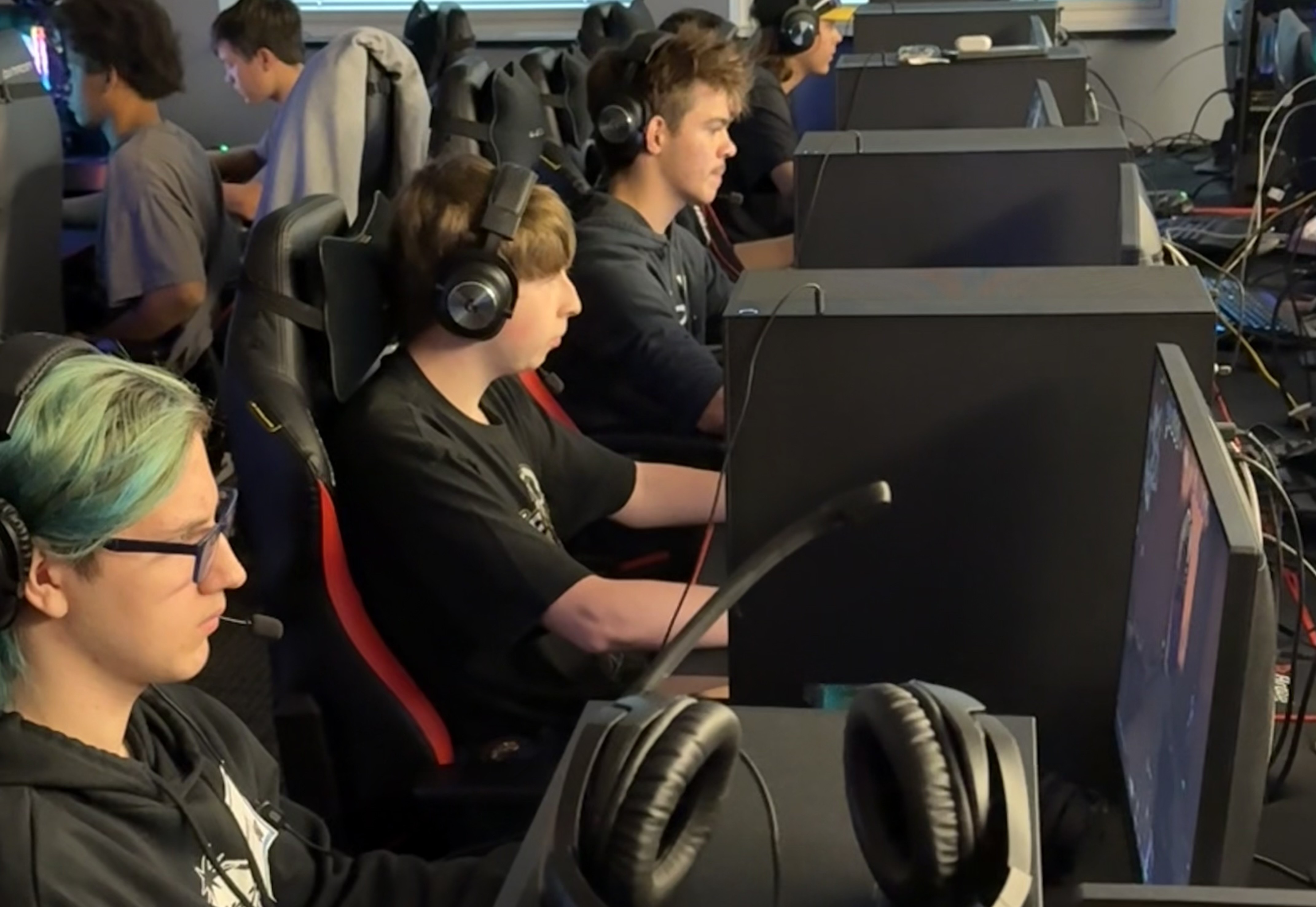News and Trends(14)
from Technology & Learning
Fingerprint investigation, where blogging is headed, governor calls for "Sputnik moment."
Fingerprinting the Web
No question, plagiarism has always been on the radar of educators. But it wasn't until Napster that the world saw the wide-scale effects of copyright infringement and music executives began knocking at the doors (large fines in hand!) of people illegally downloading or file-sharing songs. And they've continued to make good on their threats, particularly with teenagers. This past February, in fact, the Recording Industry Association of America issued 400 lawsuits against college students nationwide.
Now it looks like there's an additional concern for schools and students alike. "Fingerprinting" is on the brink of being adopted by several of the largest Internet sites. The computer code, imprinted in copyrighted work, essentially trolls the Web looking for anyone who's posted illegal material online.
Instead of being sued, though, violators are likely to be handed a bill. At least that's the message delivered by Thomas Rubin, Microsoft's associate general counsel, who spoke at Stanford University April 25th. Rubin made nationwide news in March with his public criticism of Google's lax copyright interpretations, which, he said, essentially violate creators' rights.
He echoed those concerns, without naming Microsoft rival Google, in front of Stanford Law students, telling them that without stringent enforcement artists and writers are missing an opportunity to "monetize their work"—in other words, charge people money should work be "lifted." "I think this idea will be embraced," he said.
Tools and ideas to transform education. Sign up below.
The news that fingerprinting could someday be standardized comes as Internet-based companies form more alliances with huge content providers (the Google and YouTube deal is just one example), meaning that content will soon be coded and tracked on a widespread basis.
At the same time, these companies have shown a willingness to shut down sites using even a hint of pirated content—or demand they share revenue. Viacom, for instance, filed suite in March against Google for $1 billion in damages claiming copyright violations. And don't forget the RIAA, which is currently suing a 10-year-old Oregon girl for downloading several songs.
So do school administrators need to worry about students' assignments posted online with the possible unlawful use of photographs, book excerpts, or any material that violates a content owners' rights, even for educational purposes?
Yes, says copyright-law expert Eric Steuer of the San Francisco-based open-source advocacy nonprofit Creative Commons. Internet companies and governments, after all, are still trying to work out digital-use copyright laws worldwide. "I'm surprised, unfortunately, how little [school administrators] know about copyright. They seem to find out when confronted with a cease and desist," Steuer said.
Editors' note: Stay safe. Visit techlearning.com to download the PDF chart "Copyright Guidelines for Administrators."
Walkie-Talkies Needed
There is more than a little irony in the fact that at the very moment Governor Janet Napolitano was stressing to SIIA attendees the importance of technology-infused teacher training to 21st-century innovation (see "Quote of the Month"), the Stanford Educational Leadership Institute was releasing a new study, "Preparing School Leaders for a Changing World"— a document curiously and conspicuously clean of any mention of either innovation or technology.
To make the point that Stanford's cutting-edge Center for Internet and Society sits within spitting distance of the School of Education on the Palo Alto campus may be overkill. However it serves to underscore the findings of a survey of Fortune 500 companies conducted in 2006 by the Partnership for 21st Century Skills. That study showed employers claim it's communication skills—not science, math, or engineering skills—that new graduates most sorely lack.
New Tools from SIIA
The Software and Information Industry Association has created a "toolkit" for K–12 educators that it hopes will help reverse the growing problems surrounding the use of technology in schools. For more information, visit www.siia.net/education/foreducators/new.asp
Quote of the Month
"Beijing may be our Sputnik moment."
—Janet Napolitano, Arizona governor and chair of the National Governors Association
At the Software and Information Industry Association conference in San Francisco, held this past April 15th through 18th, Napolitano lamented the lack of urgency Americans seem to have about getting students up to speed on 21st-century technology. In reference to the 1957 Russian launch of the first space satellite—and the accompanying national cry for more science and math education in our schools—Napolitano spoke of the 2008 Beijing Olympics, with the world focused on the high-tech expertise of the East, as potentially our next wake-up call to increasing innovation.
All Blogged Out?
Blog critics and enthusiasts alike are trying to determine just what to make of new Internet tracking data that suggests the popularity of blogging has reached its zenith.
Technorati, a San Francisco–based blog search engine, reported to Silicon Valley insider Valleywag.com April 26th that the number of active blog sites has remained static in recent months (see chart). Now, 15 million is still a huge number of sites being updated by folks looking to share everything from their daily weight-loss battles to their photos of family reunions. "But, compared with the conventional wisdom—that every human, and household pet, will eventually have a blog—the reality is sobering," says Valleywag.com.
Women, in particular, may be shutting down their sites, as they increasingly have become the targets of harassment: A 2006 study on chat rooms found female participants received 25 percent more sexually explicit messages than males, writes Ellen Nakashima in the April 30th edition of the Washington Post.
Still, at 15 million, the number of active blog sites suggests the continued legitimacy of blogging as a method for expressing and retrieving information. What particular shape the blogosphere will take is anyone's guess.
For practical tips on integrating blogs and other Web 2.0 technologies into your school, see "Web 2.0 for Educators".
Insert AboveInsert BelowDuplicateMove UpMove DownRemove
